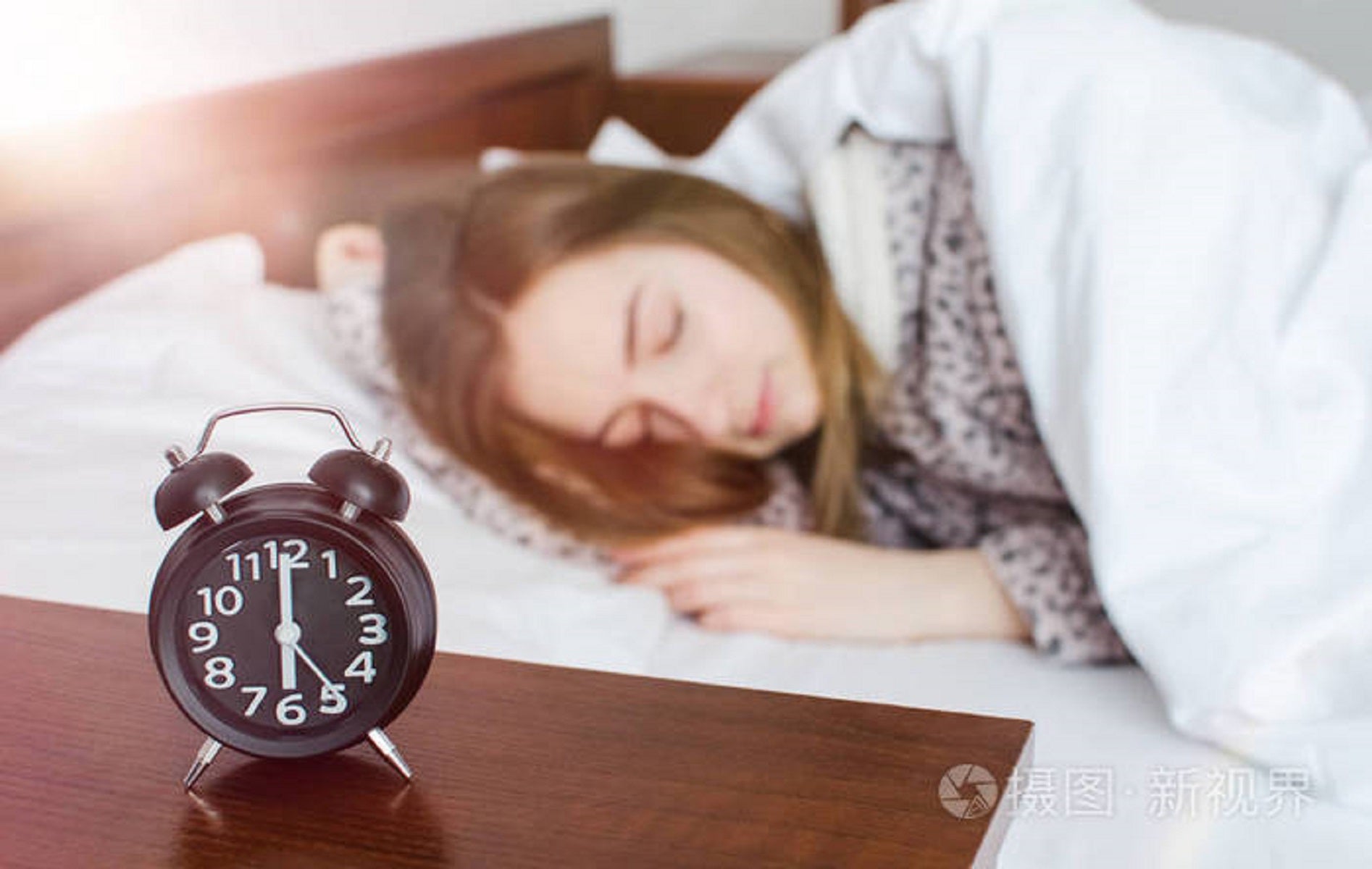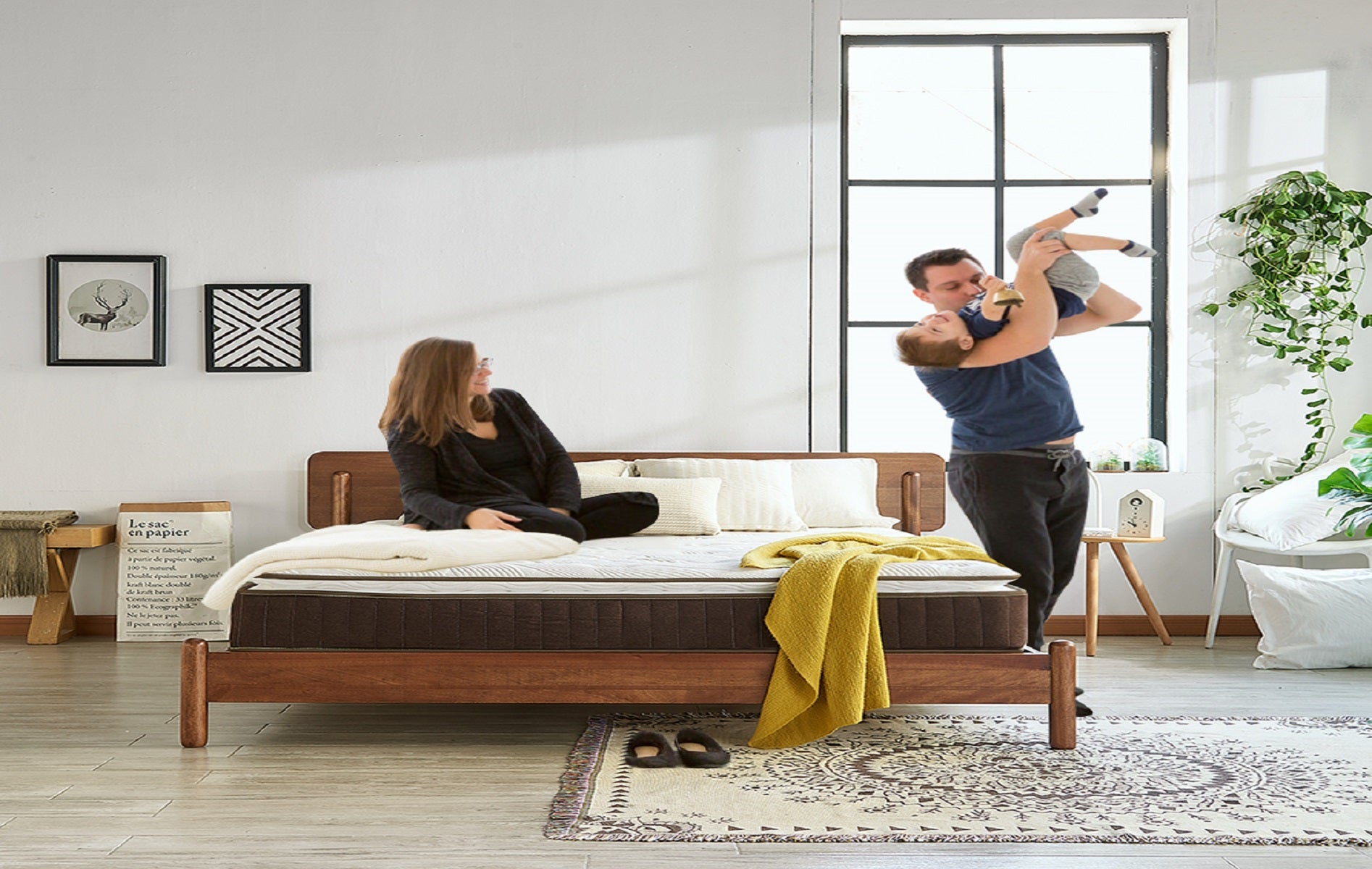
65 Sleep Hacks That Actually Work: Backed by Science (Part 1)
Sleep is vital for everyone but many of us have trouble sleeping and don’t get the sleep we need. With 1 in 3 American adults not getting enough sleep on a regular basis, lack of sleep is a serious problem. When we think of sleep problems, we usually think of adults but teens and children can also experience sleep disorders.
There are many reasons why we can’t sleep; stress, work, health issues, and other obligations can keep us tossing and turning at night. Fortunately, there are a variety of sleep hacks available for students, parents, working professionals, and everyone in between. Read on to learn how to hack your sleep tonight!
For more tips, skip to the infographic below.
Sleep Hacks for Professionals
1. Skip the afternoon coffee: It can be tempting to grab an afternoon pick-me-up from your favorite coffee shop. An afternoon latte can leave you staring at the ceiling later that night. Consuming caffeine up to 6 hours before bedtime can impact sleep.
2. Get the right mattress/sheets: Investing in the proper mattress, sheets, and pillows will make a significant difference in your sleep quality and overall comfort. Choose the mattress and bedding that feels right for you. Even just a small upgrade like a new pillow or soft sheets can mean the difference between a good sleep and great sleep.
3. Get excited about the day ahead: Getting ready for another day of work can be difficult. Make it better by finding something to get excited about in the morning to make things easier. Maybe you want to try a new restaurant at lunch, drive a different route to the office, or maybe you’re planning a fun weekend. Whatever it is, having something to look forward to is an excellent motivator.
4. Move workouts to the morning: Working out in the morning leads to more productive days and restful nights. By moving your workouts to the a.m. hours, you can regulate circadian rhythms for a healthy sleep schedule. A study from the University of Georgia found that just 10 minutes of exercise promotes wakefulness and alertness better than caffeine.
5. No work emails after hours: Our work/life balance is almost non-existent with technology and remote work. Setting boundaries for yourself and your job is proven to increase your performance in the workplace, decrease stress, and prevent emotional exhaustion-all of which can impact your sleep.
6. Block the blue light: There’s no way to avoid not looking at a screen whether you're at home or work. The blue light emitted by screens increases melatonin levels and keeps us awake. Try some blue light blocking glasses while you’re working and/or watching TV to keep your eyes healthy and melatonin levels in check.
7. Plan the next day in advance: Thinking about all the things you need to do the next day can often make it difficult to fall asleep. When you start feeling the stress of the day ahead, make a to-do list of the top tasks you need to accomplish. Writing down your tasks in a list will ease some stress and give you a visual reminder of what’s ahead.
8. Add some color therapy: Color impacts us more than we realize. For example, there’s a reason why our favorite fast food restaurants have red logos; the color is proven to increase excitement and possibly our appetites. This is the last thing we want for our bedrooms. The National Sleep Foundation, the color blue is the best color for bedrooms. Blue creates feelings of calmness and serenity. A Travelodge survey found that people who slept in a blue bedroom slept longer than those who slept in other colored rooms.
9. If you aren’t sleepy, don’t go to bed: This sounds obvious but forcing yourself to sleep rarely, if ever, works. There’s nothing worse than lying in bed, tossing and turning when you’re even tired. The best thing to do? Don’t go to bed until you’re sleepy! Read a comforting book, play an instrument, or listen to some soothing music until you start to nod off.
10. Eat breakfast: With popular eating trends like intermittent fasting, breakfast isn’t always considered the most important meal of the day. If you find yourself skipping breakfast and you’re having trouble sleeping, you might want to grab a bite in the morning. Like our bodies react to sunlight, we react similarly to food. Our bodies have a food-entrainable clock. Linked to our circadian rhythms, this other body clock associates food with time. When we eat breakfast, it signals our bodies that we have enough energy to get through the day.


